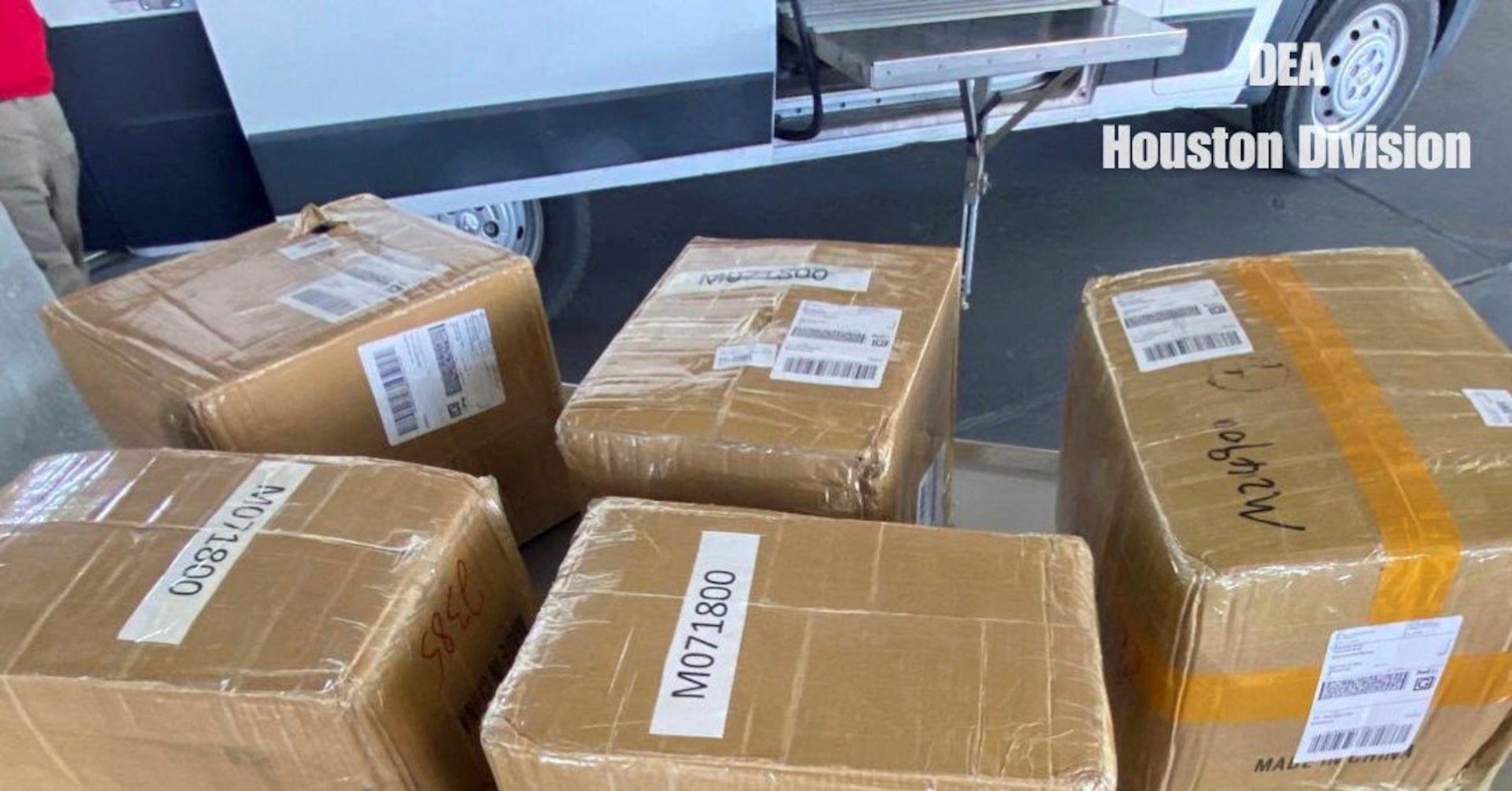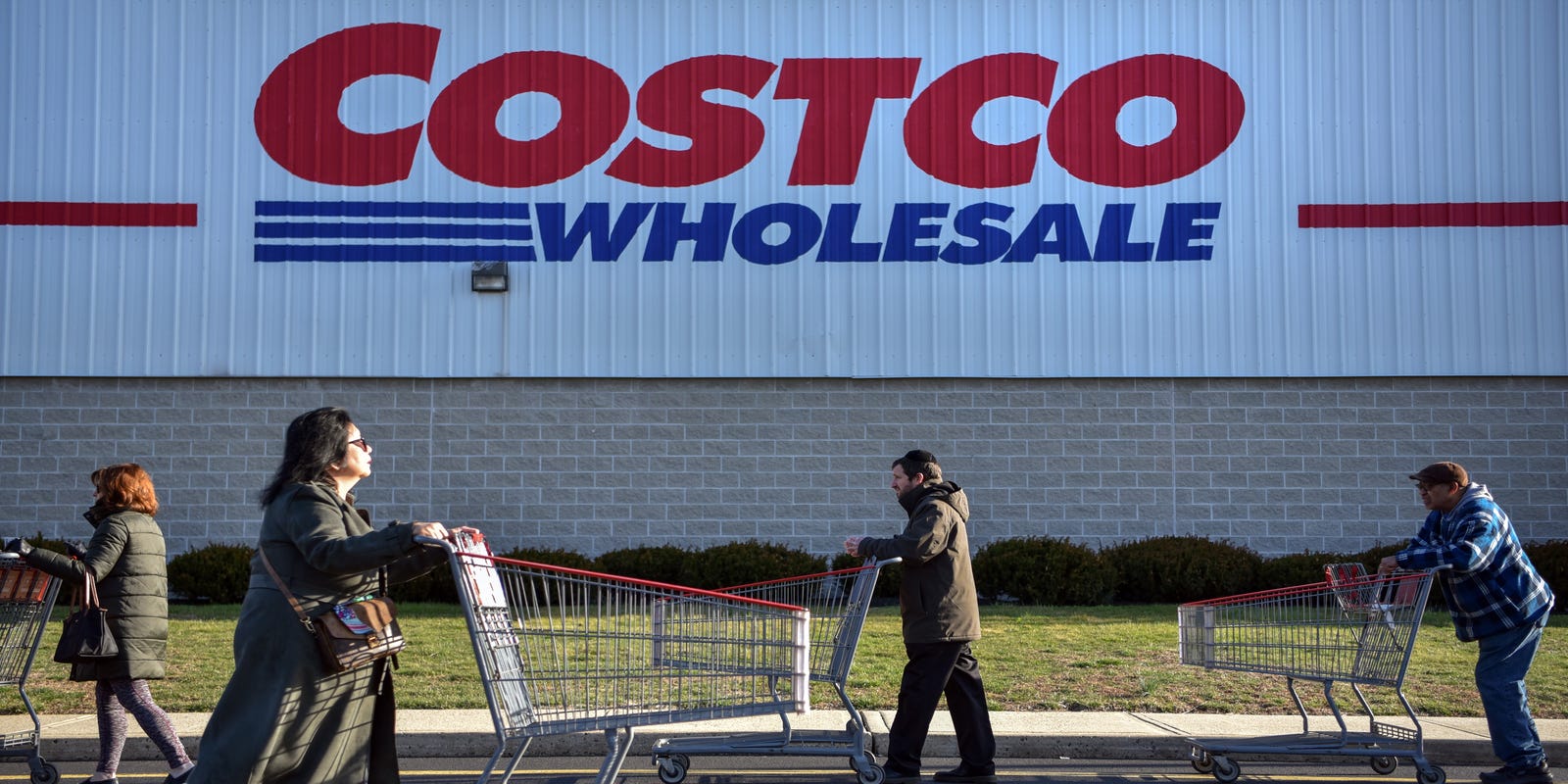Fentanyl Fallout: U.S. Logistics Giant Admits to Enabling Dangerous Chemical Shipments to China
Companies
2025-03-28 10:27:54Content

IMC Pro International, a prominent U.S. shipping and logistics company, has reached a substantial settlement with federal authorities, agreeing to pay $400,000 for its alleged role in facilitating the transportation of precursor chemicals used in fentanyl production from China to the United States.
The settlement stems from accusations that the company knowingly assisted Chinese chemical manufacturers in shipping materials that could be used to synthesize the dangerous and highly addictive synthetic opioid. By agreeing to the financial penalty, IMC Pro International avoids potential criminal prosecution and acknowledges the serious implications of its previous shipping practices.
U.S. government officials have been increasingly vigilant about intercepting and preventing the flow of chemicals that contribute to the ongoing opioid crisis, with this settlement serving as a clear warning to logistics companies about their responsibilities in monitoring and controlling potentially dangerous shipments.
The case highlights the complex challenges of international trade and the critical role shipping companies play in preventing the illegal distribution of substances that can cause significant harm to public health and safety.
Unraveling the Fentanyl Chemical Shipping Scandal: IMC Pro International's $400,000 Settlement
In the complex landscape of international logistics and chemical transportation, a recent settlement has brought to light the critical challenges of preventing dangerous chemical shipments across international borders. The case involving IMC Pro International reveals the intricate web of global shipping networks and their potential role in facilitating illicit drug precursor transportation.Exposing the Dangerous Intersection of Logistics and Pharmaceutical Trafficking
The Regulatory Minefield of International Chemical Shipping
The global shipping industry operates within an increasingly complex regulatory environment, where companies must navigate intricate legal frameworks designed to prevent the transportation of potentially dangerous substances. IMC Pro International's recent settlement with U.S. authorities highlights the significant challenges faced by logistics companies in maintaining stringent compliance protocols. Shipping companies are increasingly under scrutiny for their role in potentially facilitating international drug trade networks. The case demonstrates the critical importance of robust screening mechanisms and comprehensive due diligence processes. Sophisticated tracking systems and advanced verification protocols have become essential in preventing the unauthorized transportation of chemical compounds that could be used in illegal drug manufacturing.Economic and Legal Implications of Chemical Transportation Violations
The $400,000 settlement represents more than just a financial penalty; it symbolizes the broader consequences of inadequate shipping oversight. Logistics companies now face unprecedented pressure to implement sophisticated screening technologies and develop comprehensive compliance strategies that can effectively detect and prevent potentially dangerous chemical shipments. Legal experts suggest that such settlements serve as powerful deterrents, signaling to the international business community the severe repercussions of failing to maintain rigorous shipping standards. The financial and reputational risks associated with non-compliance have become increasingly significant, compelling companies to invest heavily in advanced monitoring and verification technologies.The Geopolitical Dimensions of Chemical Shipping Regulations
The involvement of Chinese chemical companies in this incident underscores the complex geopolitical dynamics surrounding international trade and pharmaceutical regulations. Transnational shipping networks represent a critical intersection of economic interests, national security concerns, and regulatory challenges. Diplomatic channels and international regulatory bodies continue to develop more sophisticated mechanisms for tracking and preventing the unauthorized transportation of potentially dangerous chemical compounds. The IMC Pro International case serves as a compelling example of the ongoing efforts to create more transparent and secure global shipping ecosystems.Technological Solutions and Future Prevention Strategies
Emerging technologies such as blockchain, artificial intelligence, and advanced data analytics are increasingly being deployed to enhance shipping transparency and compliance. These innovative approaches enable real-time tracking, comprehensive documentation, and sophisticated risk assessment mechanisms that can significantly reduce the potential for unauthorized chemical transportation. Logistics companies are investing substantial resources in developing cutting-edge technological solutions that can provide unprecedented visibility into complex shipping networks. Machine learning algorithms and predictive analytics are becoming essential tools in identifying potential compliance risks and preventing unauthorized chemical shipments.Broader Implications for Global Logistics and Pharmaceutical Regulation
The settlement represents a critical moment in the ongoing dialogue about international shipping regulations and pharmaceutical control. It highlights the need for continuous improvement in regulatory frameworks and technological capabilities to address emerging challenges in global trade. Stakeholders across various industries are increasingly recognizing the importance of collaborative approaches to developing more robust and effective shipping compliance mechanisms. The IMC Pro International case serves as a powerful reminder of the critical role that logistics companies play in maintaining global safety and security.RELATED NEWS
Companies

Spheria's Bold Bet: Emerging Companies Reveal Surprising Net Tangible Asset Valuation
2025-03-10 04:07:21
Companies

Digital Trojan Horse: How China's Military Firms Infiltrate America's Tech Supply Lines
2025-03-20 05:30:54
Companies

Insider Ownership Soars: How Azeus Systems is Quietly Dominating the Corporate Landscape
2025-02-17 02:21:22





